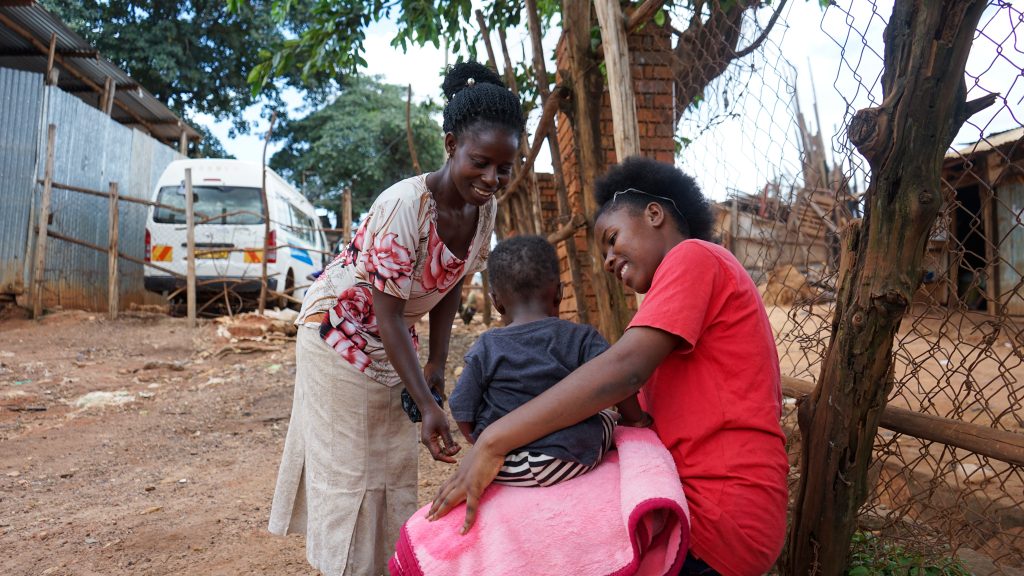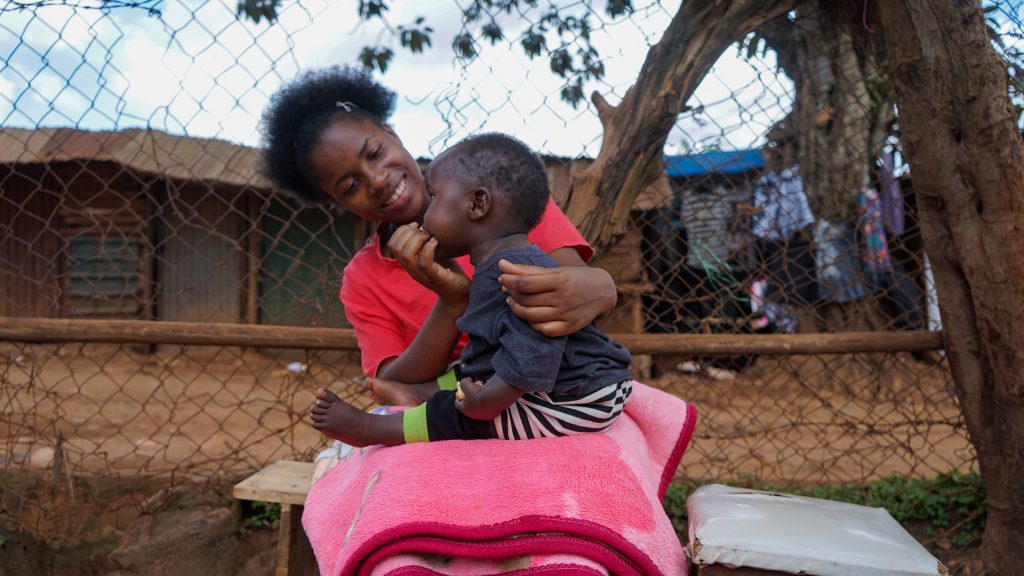TLC Program
The USAID Targeting the Learning Crisis (TLC) program is a strategic initiative designed to improve early learning and foundational literacy and numeracy outcomes for children in Uganda. Led by World Education and implemented in partnership with the Bantwana Initiative Uganda (BIU), alongside Youth Alive Uganda (YAU) and MUCOBADI, TLC seeks to address the learning crisis exacerbated by prolonged school closures and systemic barriers to education.
TLC operates across two key subregions:
- Lango Subregion: Alebtong, Kole, Lira District, Lira City, Amolatar, Kwania, and Dokolo.
- Busoga Subregion: Bugiri, Mayuge, and Namayingo.
The program targets children aged 3–5 years enrolled in Early Childhood Education (ECE) centers and those from vulnerable households, including orphans and vulnerable children (OVC) and REAL Fathers Program households.


TLC aims to increase the number of children entering primary school equipped with pre-literacy and numeracy skills while strengthening Uganda’s education system to support sustained improvements. Through leveraging BIU’s 18 years of experience in Orphans and Vulnerable Children (OVC) and Early Childhood Development (ECD) programming, the initiative addresses critical gaps in pre-primary education access and quality.
BIU heavily utilizes the Community Based Early Childhood Education (CBECCE) package to provide holistic and inclusive early childhood education. This package is aligned with Uganda’s national Early Learning Framework and includes:
- Home-Based Early Childhood Education (ECE):
Adapted from the LABE Home Learning Package, the module emphasizes play-based and age-appropriate learning activities that can be conducted in household settings. - Early Childhood Development (ECD) Center Management:
Training and support for caregivers to ensure ECE centers operate effectively, fostering safe and stimulating environments for young learners. - Positive Parenting:
Parenting sessions guide caregivers on nurturing practices that support children’s cognitive, social, and emotional development.
The program adopts a community-led approach by engaging Master Trainers to equip Lead Caregivers, Community Resource Persons (CRPs), and Mentors with the skills needed to deliver the CBECCE content effectively. Lead Caregivers focus on providing Early Childhood Education (ECE) services at ECD centers, while CRPs and Mentors conduct weekly home visits to offer direct support to children and their families in household settings. To ensure alignment with Uganda’s education priorities and contextual needs, the CBECCE package will undergo validation through a national-level stakeholder workshop.
Through directly addressing insufficient access to pre-primary education and improving foundational skills, TLC contributes to USAID’s broader objectives of improving equity, access, and quality in education. The program’s innovative community-based approach ensures scalability and sustainability, creating a brighter future for Uganda’s youngest learners. With these efforts, the TLC program underscores its commitment to “learning for all,” ensuring no child is left behind in the journey toward educational success.
